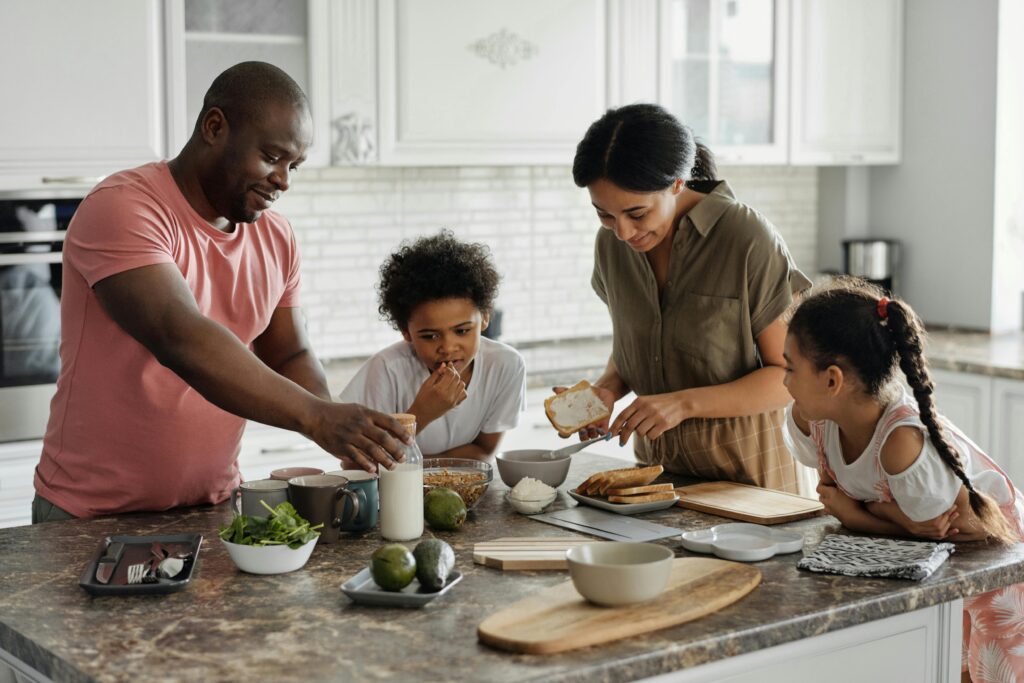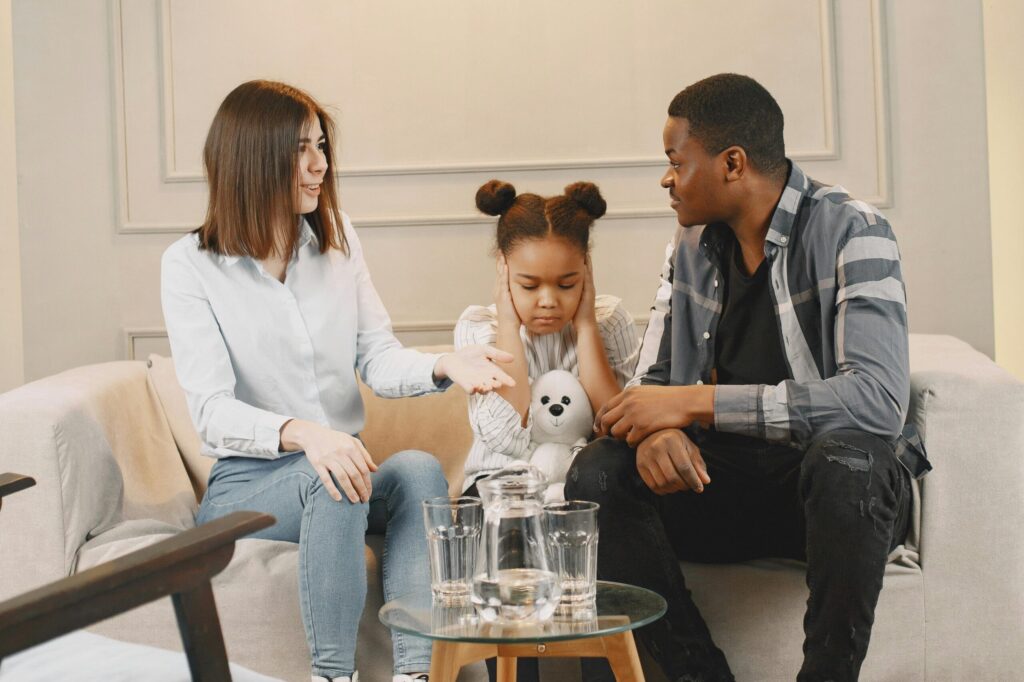As parents, we pour our hearts into creating a safe, loving environment where our children can flourish. We want them to grow up happy, confident, and emotionally resilient. But have you ever considered how the dynamics between you and your partner might shape your kids’ behavior and emotional well-being?
No relationship is a bed of roses all the time. Disagreements and conflicts are part of the package, and that’s okay. However, how we handle these conflicts can make all the difference in our children’s lives. When unresolved tensions between partners linger, children can sense the undercurrent of stress and turmoil, often without fully understanding it. And that’s when the real trouble begins.
The Hidden Impact on Your Children
Think about it—how many times have you and your partner had a heated discussion only to notice the shift in the atmosphere? The air becomes tense, and suddenly, your home doesn’t feel as warm and welcoming as it usually does. Children are incredibly perceptive; they pick up on these subtle cues and internalize the discord.
This can manifest in a variety of ways. Perhaps your child has become more irritable or prone to tantrums. Maybe they’ve started to withdraw, preferring solitude over family time. Have you noticed changes in their eating habits, difficulties with sleep, or trouble focusing at school? These are all signs that the stress in your relationship might be affecting them more than you realize.
It’s a tough pill to swallow, isn’t it? To think that our relationship issues could be casting a shadow over our child’s happiness and security. You might wonder if your child is learning to associate love with conflict or absorbing unhealthy ways of dealing with emotions. But here’s the good news: You can turn things around.
Turning Things Around: Creating a Positive Environment
So, how do you break this cycle of relationship drama and create a nurturing, peaceful environment that allows your child to thrive?
Take Responsibility for Your Actions and Emotions
It’s natural to feel stressed, frustrated, or overwhelmed when conflicts arise. Still, it’s crucial to recognize how your reactions might affect your child. This is not about being perfect or never having disagreements—it’s about being mindful of how you handle them. The next time a conflict arises, take a deep breath and try to approach it calmly and thoughtfully. Your child learns invaluable lessons about emotional regulation and communication when you model healthy ways of managing stress and resolving disagreements.
Practice Empathy and Active Listening with Your Partner
Getting caught up in our perspectives during a disagreement is easy, but taking a step back to listen to your partner truly can make a world of difference. When you approach conflicts with empathy and a genuine desire to understand each other, you strengthen your relationship and demonstrate to your child the importance of compassion and cooperation. This doesn’t mean avoiding difficult conversations—instead, it means tackling them with a mindset that prioritizes understanding and resolution over winning the argument.
Prioritize Positive, Loving Interactions with Your Child
Amid life’s daily challenges, it can be easy to overlook the importance of small moments of connection. Make time to engage with your child in ways that reinforce love, trust, and security. Whether it’s reading a bedtime story, going for a walk together, or simply talking about their day, these moments are the building blocks of a solid emotional foundation. Show them what a healthy relationship looks like—through words and actions.
By taking these steps, you can transform your home into a sanctuary of love and security, where your child feels safe to express themselves and develop into a well-rounded individual. Remember, your relationship is the blueprint your child will use to navigate their relationships in the future. Let’s work together to make it a positive and strong one.

The Power of Progress Over Perfection
It’s worth noting that this journey isn’t about perfection but progress. There will be days when stress gets the better of you, and that’s okay. What’s important is that you’re aware of the impact your relationship can have on your child. You’re committed to fostering an environment where love, respect, and understanding are the norms.
Your relationship, with all its ups and downs, is the cornerstone of your child’s emotional and social development. By modeling healthy ways to handle conflict, you are equipping your child with the tools they need to build solid and fulfilling relationships of their own. So, the next time you encounter a disagreement, remember that your child is watching and learning. Use that moment to teach them the value of love, empathy, and mutual respect.
After all, the greatest gift we can give our children is the knowledge that love is about more than just the good times—it’s about navigating the challenges together with kindness and care.
